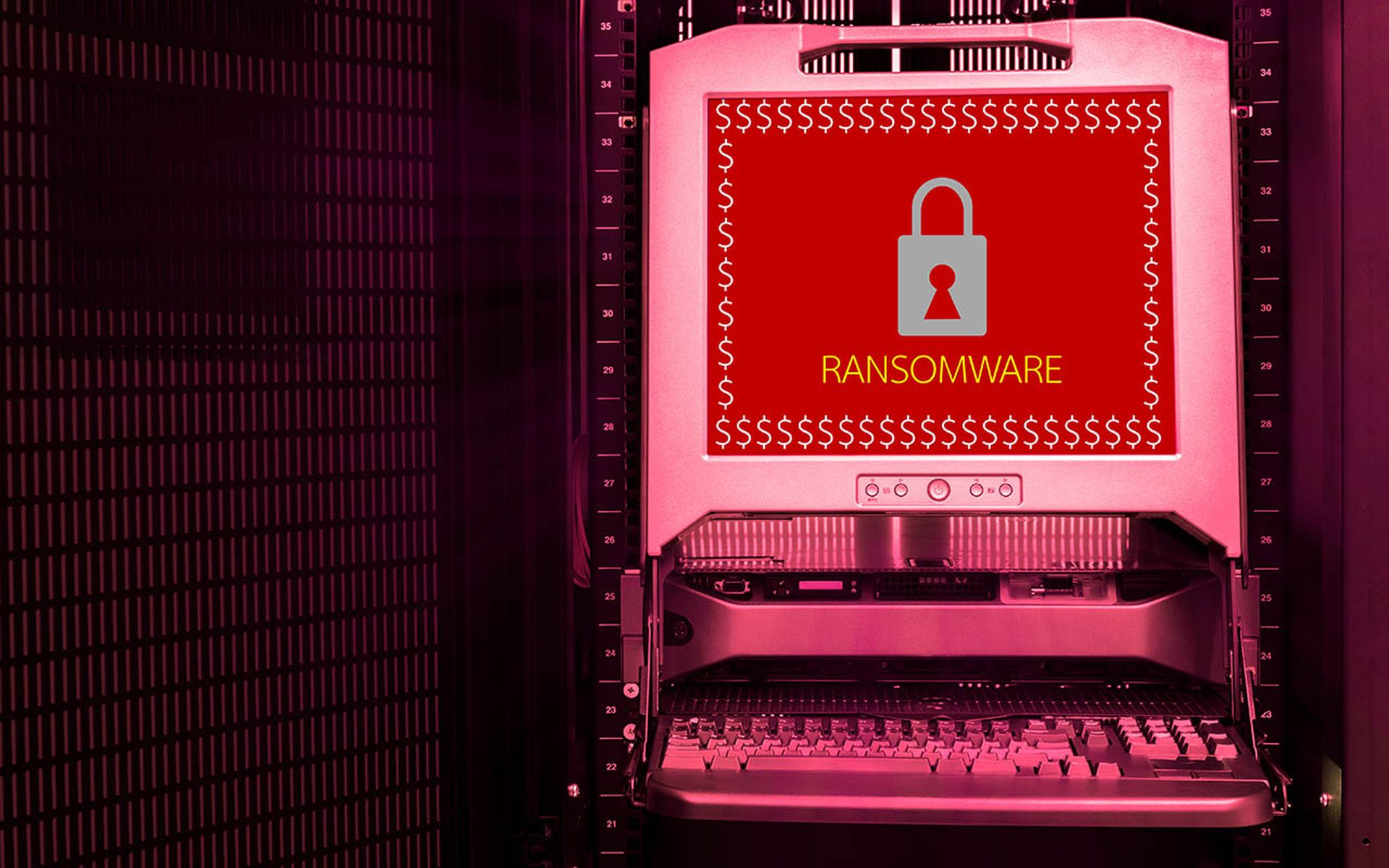Three in four successful cyber breaches (74%) have human error in common, according to the 2023 Verizon Data Breach Investigations Report. Human errors can contribute to privilege misuse, use of stolen credentials or social engineering tricks.
Does a lack of theoretical and practical knowledge in newly minted cybersecurity professionals also contribute to on-the-job errors? Companies depend on these cybersecurity pros to make the right decisions. How can organizations correct for that problem?
In the past two years, organizations have suffered at least one cyber incident due to a lack of qualified cybersecurity staff, security provider Kaspersky said in a new study. While hiring better trained cybersecurity staff might be one solution to the problem, there's an ongoing shortage of cybersecurity professionals. The cybersecurity talent gap -- the difference between how many open roles organizations need to hire and how many cybersecurity pros are available -- reached four million according to the 2023 ISC2 Cybersecurity Workforce Study.
Further complicating the problem is that many entry level cybersecurity pros have gaps in their knowledge, which can result in on-the-job errors, according to Marina Alekseeva, Kaspersky’s chief human resources officer.
“It’s no secret that formal training programs often struggle to keep up with industry developments, and that is especially true for the cybersecurity field,” Alekseeva said. “The fact that many employees in the market might have limited practical skills or gaps in their knowledge underlines the importance of a comprehensive on-boarding process with a focus on peer learning and means companies must pay more attention to the up-skilling of their employees.”
Common Mistakes Cybersecurity Pros Make
According to Kaspersky’s research data, some of the most common mistakes cybersecurity professionals make early in their career, include:
Course Corrections
To tackle the knowledge gap and ensure a smoother integration of cybersecurity workforce into the workflow, Kaspersky recommends some preventive and reactive measures:
For non-cyber workers, why is user behavior behind so many breaches? Why have existing solutions struggled to address and contain it? Education and training can help with the following missteps:




